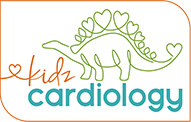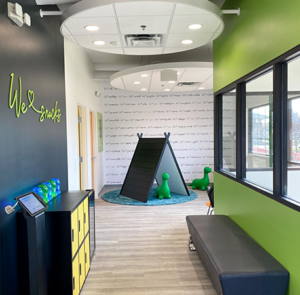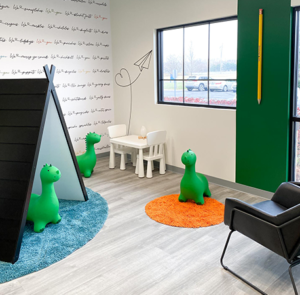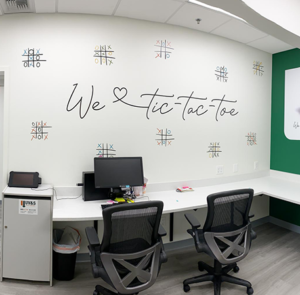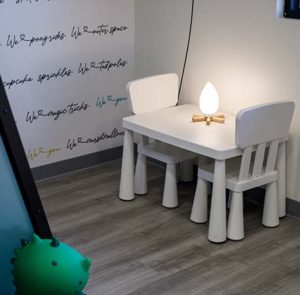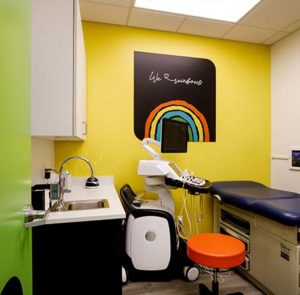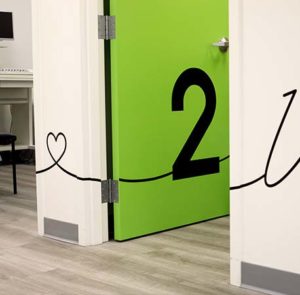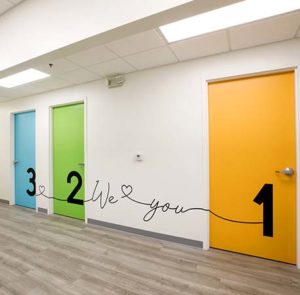
Welcome To Kidz Cardiology
Our compassionate, knowledgeable and supportive staff are committed to providing the best quality medical care for your child. We offer comprehensive cardiac care for all children, from fetal through adolescence. Your child’s health, development and well-being are as important to us as they are to you. We are dedicated to delivering the exceptional medical care your child deserves.
For scheduling please call

Who We Are
We are a local Pediatric Cardiology clinic. Dr. Nguyen was born and raised in Wichita and feels strongly about caring for Kansas kids' hearts.

Schedule an Appointment
Please Contact our Wichita Location:


Our Services
Echocardiogram, more commonly known as a heart ultrasound and described as an “echo,” an echocardiography is a test which uses sound waves to view moving images of the heart.
The high frequency sound waves, which are non-radioactive, are sent from a transducer (microphone) which travels through body parts and reflects from the surface of heart structure and valves. The images then can be seen on a TV screen. The procedure is non-invasive, safe and pain free, which is similar to an ultrasound, performed on a pregnant woman to see her unborn baby. The pediatric echocardiogram is used to diagnose abnormalities with the structure of the heart such as holes, narrowed valves, and abnormal connections. The ultrasound is performed on newborns to young adults and takes.
An electrocardiogram is used to evaluate electrical activity in the patient’s heart by providing information on the heart’s rhythm and the size of the various heart chambers.
An ECG requires placement of stickers on the patient’s chest, wrist and ankles but is completely painless. It takes only a few minutes for the technician to capture a recording of the heart rhythm.
An exercise stress test is the best way for doctors to get an idea of how well your child’s heart works and adjusts to different levels of activity. The test is performed where your child runs on a treadmill.
The test will record changes in your child’s heart rhythm, heart rate, heart function and other symptoms. The doctor and staff will carefully monitor your child during the entire test to make sure there are no problems as the exercise level increases. The exercise part of the test takes about 15-20 minutes to complete, but the entire test takes about 30 minutes. Parents may stay in the room during the test.
A Holter Monitor is a recording device that allows us to record every heartbeat from 24 hours up to 2 weeks continuously. The recording is made on an electronic chip that is on a patch.
The patient performs their normal activities including exercise while the test is being done. The patient can shower but no baths or swimming while the monitor is on. It is recommended that the patient documents all activities while wearing this monitor. It is useful when the patient complains of irregular heartbeats or fast heartbeats during the day.
